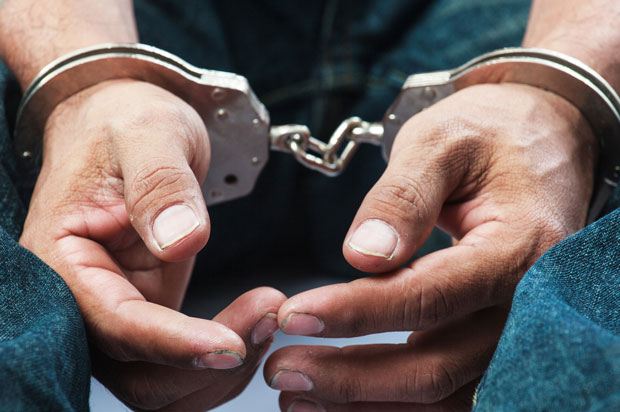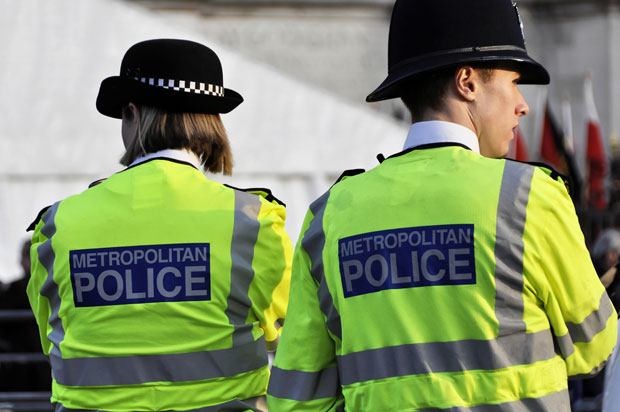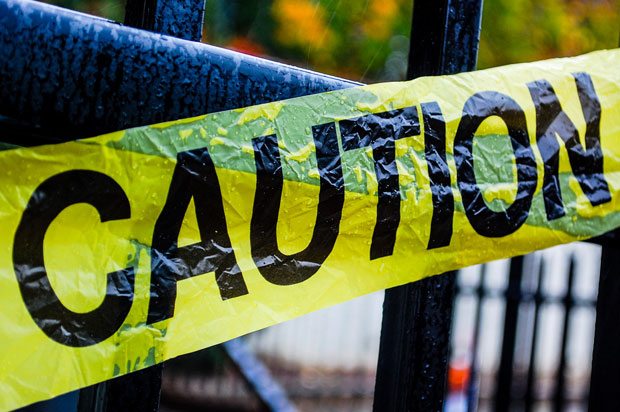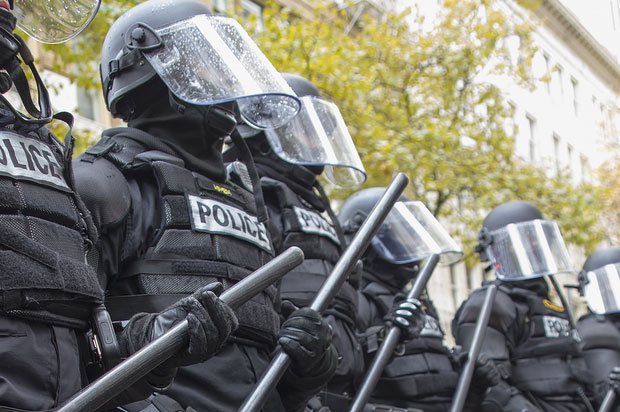Rights on arrest
If you're arrested, what happens next? And what are your legal rights?

"You do not have to say anything but..."
This means that – for the time being – you lose certain freedoms. Such as ‘go and do as you please’. But in return you’re given certain rights which protect you against unreasonable treatment.
As soon as you are arrested, you have the right to know why you’ve been arrested. The police must give you written information about your legal rights when you arrive at the police station.
At the police station you are entitled to:
- See a solicitor free of charge
- Have someone told where you are, although you may not be allowed to make this call yourself
- Have medical help if you feel sick
- Read a copy of the Codes of practice, which explains the procedures the police should follow
- Be given a written note of these rights which explain things like toilet breaks etc.
How long can they keep me at a police station?
You can only be detained by the police if they don’t have enough evidence to charge you but believe they can obtain further evidence by keeping you in.
You cannot normally be held for more than 24 hours without being charged or released.
If they think you’ve committed a really serious offence, a senior police officer can authorise your detention for a further 12 hours. This can be extended to a total of 96 hours, but only with the approval of a magistrates’ court.
What’s police questioning like?
If you’re under 17, you need a parent or guardian or ‘appropriate adult’ with you before you’re interviewed by police.
You must give the police your name and address, but you have the right to stay silent after that. If you don’t talk and the case goes to trial, the court will be told of this and your failure to answer questions may strengthen the case against you.
There are clear rules the police must follow. You should be given regular breaks for food, the cell and interview room should be clean and properly heated, and the police should not follow a line of questioning which puts unreasonable pressure on the suspect. Someone who is deaf or can’t speak English should be given a signer or an interpreter.
Can I get legal advice?
Whether you are arrested or go to a police station voluntarily, you are entitled to free legal advice from a solicitor. If you have been arrested or are being questioned about a serious offence, or if you feel at all unsure about your legal position, it’s better not to answer questions (except your name and address) until you have had a chance to speak to the solicitor.
Tape recording
Your interview at the police station will probably be recorded on tape. It will begin with questions about your name and address before moving on to more serious matters.
If your interview is not recorded, notes should be made by the officer concerned. You should have the opportunity to see these notes and to sign them if you agree they are a fair record of what was said.
Fingerprints and photographs
The police can take your fingerprints, photographs of you, and a DNA sample like a mouth swab. You cannot refuse to let them do this.
Your fingerprints and DNA samples can be kept on the police database, even if you’re released without charge later.
Police may want to take ‘intimate samples’ such as a blood or urine sample, but can only do so if they have your permission and the authority of a senior officer.
Being charged
When you are charged with an offence you are given a charge sheet, containing details of the offence, when and where you are due to appear in court, and the conditions of your bail.
Once you are charged you should not usually be asked any further questions unless new information has come to light.
Bail
If you are charged with an offence, you should normally be released on bail. Although bail can be refused if the offence is very serious, or police don’t trust you to turn up to court if released.
If the police do not release you, you must be brought before a magistrate, at the earliest opportunity, who will decide whether you can be released on bail, and if so, what conditions should apply.
Photo of handcuffs by Shutterstock
Next Steps
- Chat about this subject on our Discussion Boards.
- Need help but confused where to go locally? Download our StepFinder iPhone app to find local support services quickly.
By
Updated on 29-Sep-2015
No featured article













